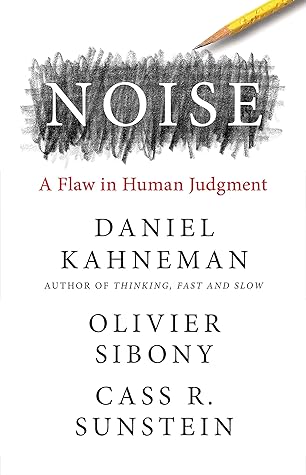More on this book
Community
Kindle Notes & Highlights
For example, judges have been found more likely to grant parole at the beginning of the day or after a food break than immediately before such a break. If judges are hungry, they are tougher.
When wine experts at a major US wine competition tasted the same wines twice, they scored only 18% of the wines identically (usually, the very worst ones).
even a little social influence can produce a kind of herding that undermines the wisdom of crowds.
The explanations for group polarization are, in turn, similar to the explanations for cascade effects. Information plays a major role. If most people favor a severe punishment, then the group will hear many arguments in favor of severe punishment—and fewer arguments the other way. If group members are listening to one another, they will shift in the direction of the dominant tendency,
“As I always suspected, ideas about politics and economics are a lot like movie stars. If people think that other people like them, such ideas can go far.”
replacing you with a model of you does two things: it eliminates your subtlety, and it eliminates your pattern noise.
any linear model, when applied consistently to all cases, was likely to outdo human judges in predicting an outcome from the same information.
There is essentially no evidence of situations in which people do very poorly and models do very well with the same information.
People who believe themselves capable of an impossibly high level of predictive accuracy are not just overconfident. They don’t merely deny the risk of noise and bias in their judgments. Nor do they simply deem themselves superior to other mortals. They also believe in the predictability of events that are in fact unpredictable, implicitly denying the reality of uncertainty. In the terms we have used here, this attitude amounts to a denial of ignorance.


